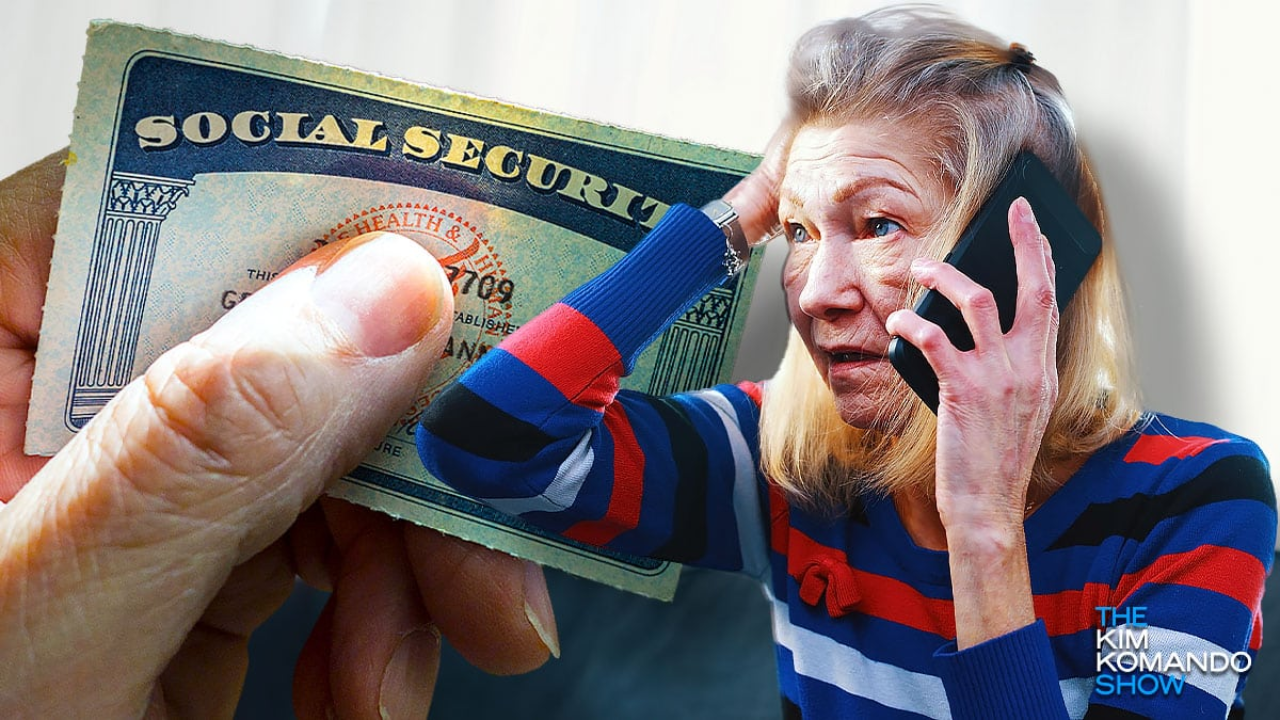Race Day Live Social Security imposter scams are becoming more common across the U.S. Scammers use different tricks to get people to share sensitive information or send them money.
These fraudsters often pretend to be government officials and create a sense of urgency to pressure victims into acting quickly.
If you ever receive a suspicious letter, text, email, or phone call claiming to be from Social Security, do not respond.
Scammers can use fake caller IDs and official-looking emails to make their messages seem real.
What Social Security Will Never Do?
To help people avoid falling for scams, the Social Security Administration (SSA) has shared clear guidelines. They have confirmed that they will never do the following:
- Send text messages or emails with images of an employee’s official government ID.
- Suspend or block your Social Security number.
- Threaten you with arrest or legal action if you do not pay a fee immediately.
- Ask for payments using retail gift cards, wire transfers, internet currency, or mailing cash.
- Offer benefit increases or special assistance in exchange for money.
- Send official letters or reports that include personal information through email.
When Social Security Might Contact You?
Although scammers often claim to be from Social Security, the agency does contact people in certain cases.
Here are the only situations when you may receive a text or call from them:
- If you have subscribed to receive updates and notifications by text.
- As part of their security measures when you log into your Social Security account.
- If you owe money to Social Security, they will mail you a letter with payment options and details about your rights to appeal.
- If you have applied for benefits or need to update your records, an official Social Security employee may call you.
- If you have requested a callback from the agency.
How Scammers Trick People?

Scammers use many different techniques to steal information and money. Here are some common tactics they use:
- Caller ID Spoofing: Scammers manipulate caller IDs to make it look like the call is coming from Social Security.
- Fake Urgency: They often say your benefits will be suspended or that you will be arrested if you don’t act immediately.
- False Promises: Some scammers claim they can increase your benefits if you provide payment.
- Requesting Unusual Payments: They ask victims to pay using gift cards, cryptocurrency, or by mailing cash—methods that are difficult to trace.
Read More:
- Social Security Disability Delays: 4 Best and Worst States to Get Benefits Faster!
- Why Some Social Security Payments Were Suspended for Americans Living Abroad?
How to Protect Yourself From Scams?
To stay safe, follow these key tips:
- Ignore Unsolicited Calls and Messages: If you receive a call, text, or email that seems suspicious, do not respond.
- Verify Before Taking Action: If you receive a call about your Social Security number, hang up and contact the SSA directly at their official number.
- Do Not Share Personal Information: Never give out your Social Security number, banking details, or other sensitive information over the phone or online unless you are sure who you are talking to.
- Be Aware of Payment Scams: Social Security will never ask you to send payments in the form of gift cards, wire transfers, or cryptocurrency.
- Check for Official Communication: If there is a real issue with your Social Security benefits, you will receive a letter in the mail—not a phone call or email.
How to Report a Scam?
If you suspect that someone is trying to scam you, report it immediately. You can file a complaint on the Office of the Inspector General (OIG) website at oig.ssa.gov/report.
Additionally, you can find more information about Social Security scams by visiting www.ssa.gov/scam.
Spread Awareness and Stay Safe
Scammers continue to target people every day, but staying informed can help protect you and others. Share this information with your friends, family, and colleagues so they can recognize the warning signs of a scam.
The more people know about these fraudulent tactics, the harder it will be for scammers to succeed.
By following these guidelines, you can keep your personal information safe and avoid becoming a victim of Social Security scams.
Disclaimer- Our team has thoroughly fact-checked this article to ensure its accuracy and maintain its credibility. We are committed to providing honest and reliable content for our readers.
























+ There are no comments
Add yours